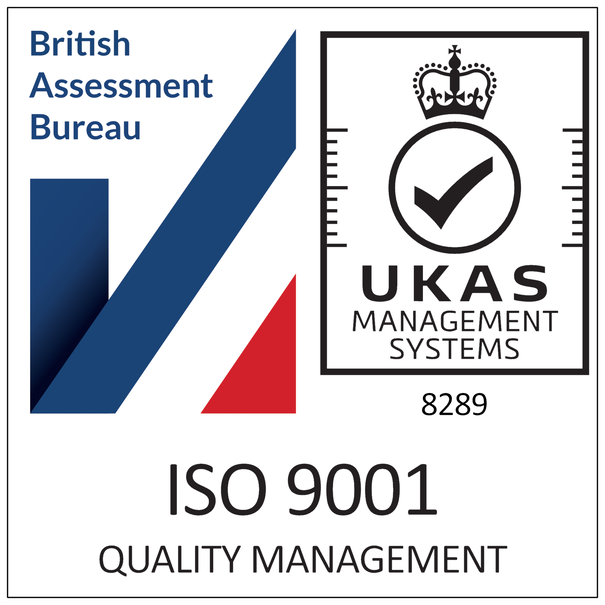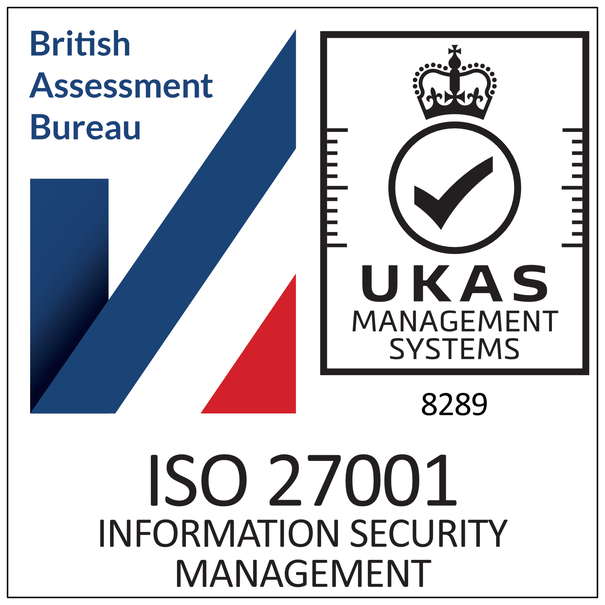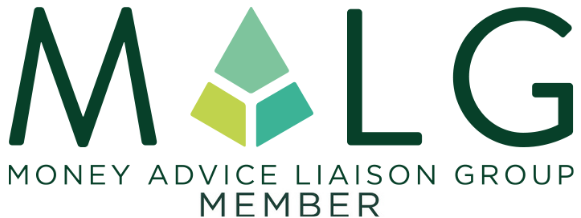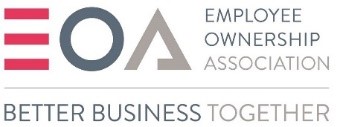
Debt recovery firms will typically focus their activity on a pre-legal basis to resolve outstanding debts on behalf of their clients.
But there are occasions when accounts are resistant to pre-legal settlement, and in these cases, legal recovery can be a viable option.
There are four main stages to legal debt recovery.
1. Before court action commences, the first stage is issuing a letter of claim. A letter of claim is a formal letter sent to a debtor as a final chance to settle an invoice, requesting that payment of a debt is made otherwise legal action will commence. A letter of claim sets out what is owed to your business from a debtor and provides a set time period – usually 7 days – in which to pay. This is an essential requirement of the debt recovery process, and is often enough to obtain payment, or to re-establish negotiation if there has been a disagreement that has not been resolved.
2. If a letter of claim has been sent to a debtor, there are three options available; to settle the account in full, to arrange a mutually satisfactory final settlement or to dispute the claim. If a response has not been received however, the next stage in the process is to issue legal proceedings through the County Court. The debtor will be sent a court form requiring them to pay the debt, plus interest and costs within 14 days, to include a claim for late payment interest, advocate’s recovery fee, the Court fee paid and solicitor’s issue fee.
It is important to consider several factors before incurring costs on litigation. Most importantly whether or not the action would result in payment and if the costs involved in taking the action are financially viable.
If you are considering instructing a debt recovery firm to recover a debt and you are concerned that legal proceedings may be required, you should take into account that typically over 80% of cases are settled in full without the need for litigation. And at Controlaccount, if in the rare occasion we are unable to recover payment, we will advise on what we consider to be the most appropriate course of further action. If we recommend legal action, we will supply you with full details on the process and the costs you can expect to pay and if those costs would be recoverable. It would then be your decision on whether or not to go ahead and issue the proceedings.
3. A County Court Judgement (CCJ). A CCJ is a court order that confirms that the debtor has defaulted on payment. A CCJ can be obtained immediately after the expiry date of the county court claim and is a final decision by the court, which gives a creditor the power to take enforcement action in order to collect the debt.
The Court will enter Judgment for the total amount to be paid including any interest since the claim date, third party costs accrued in attempting recovery of the debt, solicitors costs and Court fees paid.
The Judgment will state that the full amount is forthwith payable and allows the debtor one month to make full payment. If the debtor fails to make payment this will be recorded on their credit record and subsequently will affect their credit rating.
4. Insolvency Proceedings are often considered as the final stage in the debt recovery process following the award of a County Court Judgment or service of a Statutory Demand. However, there is no legal requirement to obtain a Court Judgment prior to presenting a Winding-up Petition in Court; similarly there is no legal requirement to serve a Limited Company with a Statutory Demand prior to presenting a Winding-up Petition, provided the Company has been given Notice of the intention to issue Insolvency proceedings. This can be achieved by issuing the Company with a 7 day “Notice of Insolvency Proceedings”.
Following the issue of a “Notice of Insolvency Proceedings” the Company must fully discharge the debt within 7 days to prevent a Petition for the Compulsory Winding-up of the Company being presented in Court pursuant to the provisions of Section 123(1)(e) of the Insolvency Act 1986 on the basis that the Company is unable to settle its debts as and when they fall due.
At Controlaccount, our focus towards debt collection is primarily pre-legal, and we have been successfully collecting commercial and consumer debt on behalf of leading brand names, small and mid-sized businesses, public and not-for-profit organisations for over forty years. However when legal action is necessary, our in-house legal team recognises that litigation can be an expensive route for a business to take and therefore apply our Debt Assessment Process - using business intelligence - to determine the possible outcome of any case, which can avoid costly procedures with little result. From issuing letter before claims through to enforcement, our litigation team will advise the best course of action to achieve the best results for your business. Speak to our team today.










